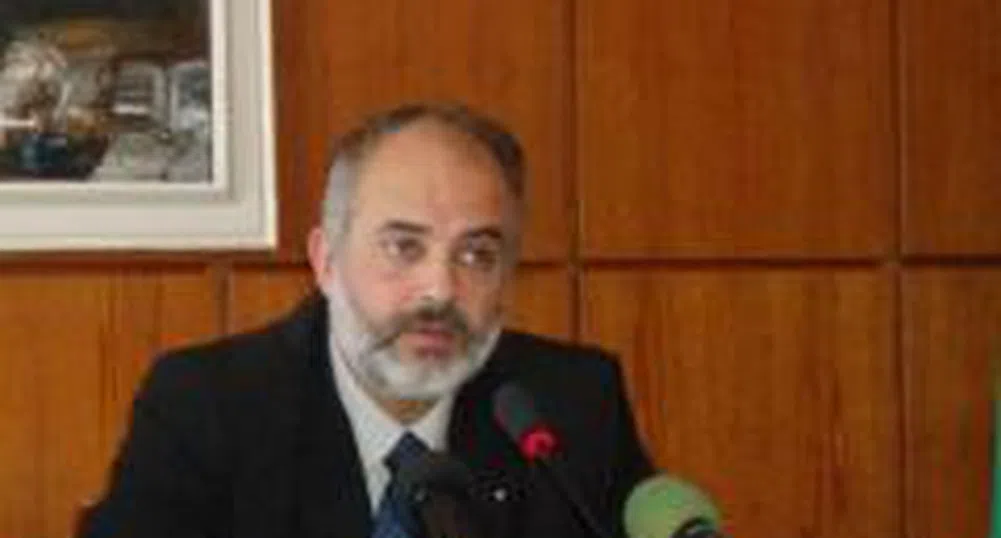Lv 1,000 Mln-Plus Available for Labour Market Measures

Bulgarian Labour and Social Policy Minister Totyu Mladenov said that over 1,000 million leva will be available for passive and active labor market measures in 2009. Some 200 million leva for active measures and 200 million for passive measures (unemployment benefits) will come from the budget, another 250 million leva will come from Operational Program Human Resource Development, and about 400 million leva will be retained by employers and employees as a result of a decrease of the rate of social insurance contributions.
Mladenov said that the unemployment benefit entitlement may be extended by three months for entitlees enrolled in training and retraining courses. Some 25,000 unemployed are expected to benefit from this short-term anti-crisis measure which will cost an extra 11.5 million leva.
Presenting an analysis of the active labor market policy program, projects and measures, commissioned by the Council of Ministers and elaborated by the Economic and Social Council (ESC), Mladenov said that the analysis will be discussed in the anti-crisis commission with the National Council for Tripartite Cooperation, and the Government will be familiarized with it, too. "We will entirely reckon with the consensual decisions reached by the trade unions and the employers in this area," the Minister said.
He noted that application of the existing inefficient and ineffective labour market measures is inadmissible when the budget is in deficit and the economy is in recession. The anti-crisis measures under the National Action Plan for Employment are almost exhausted, and financing for some measures and program has been suspended due to budget constraints, he added, noting that the contraction of budget expenditures prompts the search for supplementary sources of financing.
"The Beautiful Bulgaria Program is managed ineffectively and non-transparently, and the ESC has a good reason to propose that social partners and not just the representatives of the municipalities be actively involved in its management," Mladenov commented.
He cited a World Bank report, according to which 25 per cent of people aged between 15 and 24 do not study, do not work, do not receive training, and do not wish to engage in any of these activities. Mladenov noted that his Ministry will focus on training and retraining because this can help the competitiveness of business in the long term and people and people will be able to find better paid jobs.
ESC member Plamen Dimitrov said that in a deepening crisis, employment problems cannot be solved only by active labor market measures, the key is at the macroeconomic level. He argued that more money should be allocated by the budget, the EU program and external financing for active labor market policy.
According to Dimitrov, the Employment Promotion Act measures targeting long-term unemployed aged over 50-55 have the strongest effect on the target group.
He said that the financing for the four anti-crisis measures under the National Action Plan for Employment has been depleted, and resources must be found to fill the gap until the end of the year, while making adequate allocations for 2001.
Another problem is to eliminate the overlapping activities under the National Action Plan for Employment and Operational Program Human Resource Development. The small and ineffective programs under the National Action Plan must be "zeroed". One such program is From Welfare Benefits to Employment, which targets low-skilled long-term unemployed. The idea is to reorient it to the regional level.
For 2009, the National Social Security Institute (NSSI) Unemployment Fund aggregated 101 million leva and was planned to pay benefits to 56,000 unemployed, Mladenov said. Now the unemployed entitled to a benefit number 110,000, and the NSSI budget deficit tops 500 million leva. That is why some 200 million leva must be allocated by the budget for passive labor market measures for 2010.
The Minister said that the social insurance contributions will not be increased in crisis conditions.
Source: BTA
)
&format=webp)

&format=webp)
&format=webp)
&format=webp)
&format=webp)